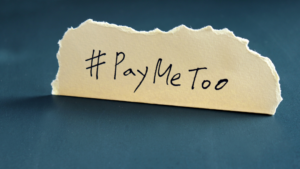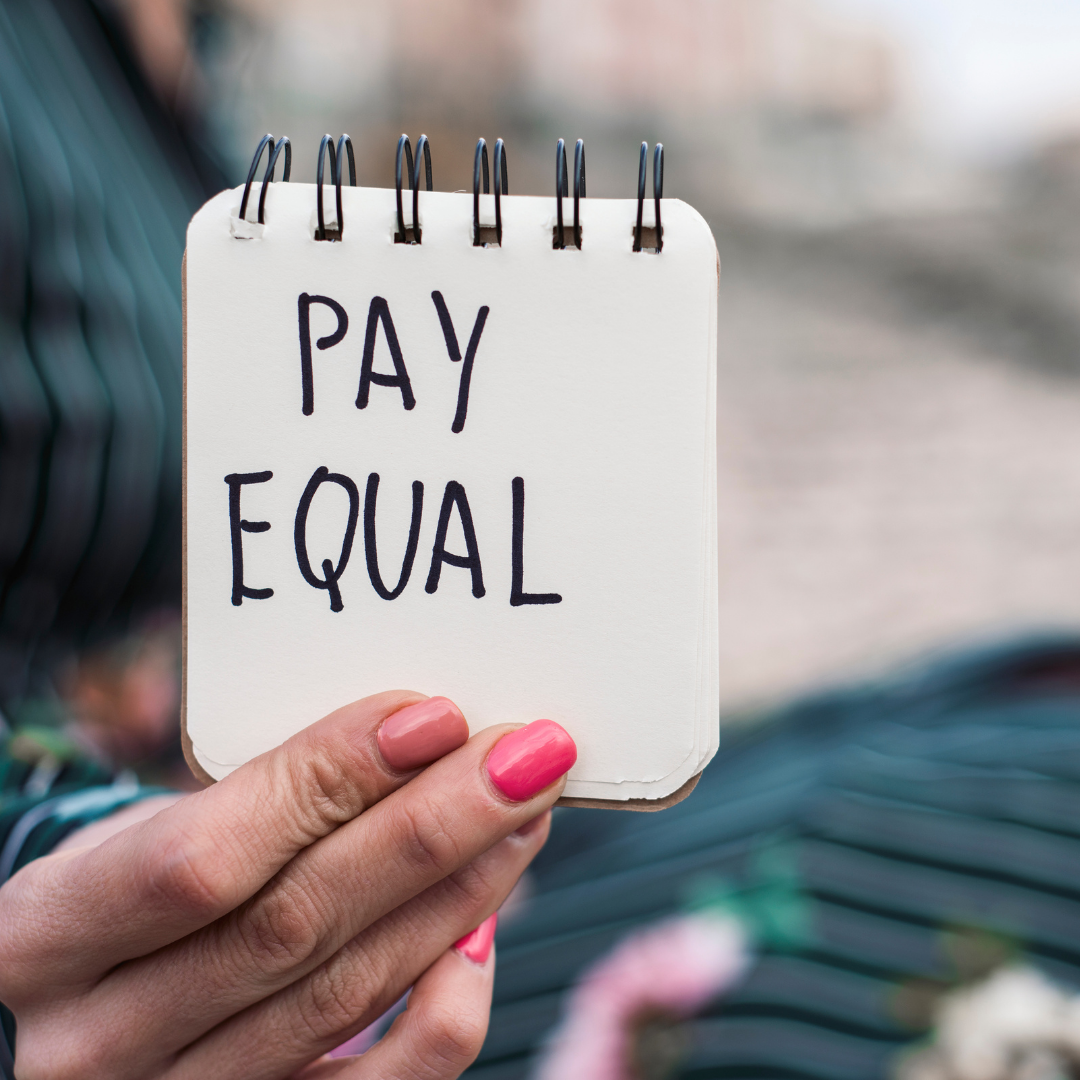Wage Gap

One of the many challenges facing women and minorities in the business community is a disparity in pay. This problem actually exists throughout the economy in virtually every industry and sector. Research in 2019 found that women made, on average, 78.6 cents for every dollar that their male counterparts with similar experience and education made in Canada. That’s an average of $7200 per year less income for women than for men.
This disparity is much more significant for indigenous and other minority women—as low as 59 cents for every dollar their white male counterparts make. Even racialized men make far less than white males (approximately 78 cents per dollar, or around the same disparity that white women face compared to white men). But the problem is most deeply felt by women, who are more likely to be single parents and supporting families on one income.
This is a significant problem that our country needs to address—and one that should have been rectified decades ago. Fortunately, the Canadian government is taking steps to deal with this issue. A legislative amendment was added to the Budget Implementation Act in 2019, allocating $3 million over a period of five years to “address wage gaps in the federally regulated private sector through pay transparency measures.” This legislative amendment and related regulations went into effect on January 1, 2021, and federally regulated private sector employers will be required to report salary data in a manner that demonstrates aggregated wage gap information in 2022.
This is an excellent first step, but it is evident that we need more than a handful of new regulations and a few million dollars to fix a problem that involves wage disparities that measure in the hundreds of millions of dollars. This government-backed approach needs to be expanded up to over the coming years. At the same time, the private sector needs to take significant steps toward prioritizing equity and equal opportunity for qualified employees of all genders and races. Unfortunately, this is unlikely to happen until we change our values and begin to see women and minorities as the true equals that they are. Only when we learn to see value in diversity will the market be incentivized to provide equal pay and opportunities to all people.
Until that happens, our job is to continue the fight, taking every opportunity to lobby our leaders and educate those around us. I dream that by the time my granddaughter is old enough to enter the workforce, she will be able to do so on equal footing with the young men of her generation. If we can’t accomplish that, then I’m not sure we have the right to call ourselves a developed nation.

